Do I still need a living will in Georgia? What about an Advance Directive?
A Living Will?
When talking with friends or loved ones about estate planning and end of life planning, you may have heard someone reference a “Living Will” or “Durable Power of Attorney for Health Care.” A “Living Will” was a document authorized in Georgia for many years to govern medical decisions. However, the state of Georgia passed legislation that implemented a different type of document for medical decisions.
The Advance Directive
A medical directive is a critical part of any complete estate plan. However, starting on July 1, 2007, the new document required for medical decisions is called the “Georgia Advance Directive for Healthcare” (or Advance Directive). In an Advance Directive, a person can appoint an “agent,” or, someone to speak on his or her behalf, to communicate medical decisions. That “agent” typically is only authorized to communicate medical decisions if the authorizing person is unable to communicate themselves.
In your Advance Directive document, you can specify your treatment preferences in several key ways and provide general guidelines for your agent to follow. For example, if you are completing an Advance Directive, you can specify whether you want your organs donated and whether you want to receive CPR if it became necessary. However, knowing which treatment preferences to select and how to best communicate preferences can be tricky.
Without that document completed, both your loved ones and your caregivers at any hospital or emergency room may be left scrambling to identify who to call and what decision to make on your behalf.
What about non-medical decisions?
Even with medical decisions accounted for, you may be wondering: “What about financial and property related decisions? How do I appoint someone to handle those for me?” There is a separate document, the “Power of Attorney,” that we talk about in our blog post “Is My Power of Attorney Document Enough?”
_____
At Echols Law Group, P.C., we enjoy helping families find peace of mind through the Advance Directive and other estate planning documents as a part of their comprehensive estate plan. To learn more about estate planning, check out our free virtual workshops at echolslawgroup.com/workshops.
Please call our office at 770-506-9092 to learn more!
